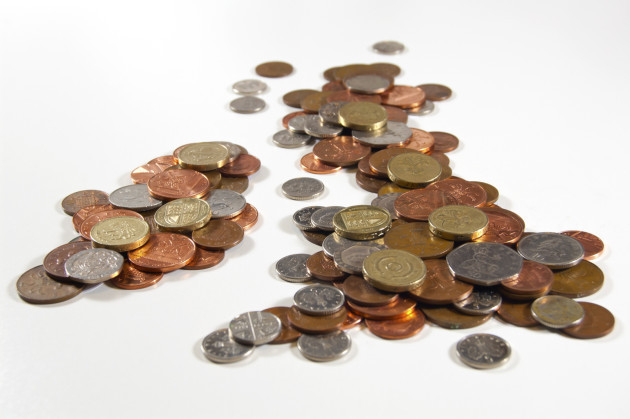
UK wine and spirit industry boosts economy with £76bn contribution
A recent report by the Wine and Spirit Trade Association (WSTA) has highlighted the substantial economic impact of the UK's wine and spirit industry, which contributed over £76bn to the economy in 2022. This marks a significant increase from the £49bn reported five years ago.
Commissioned by the WSTA and produced by the Centre for Economics and Business Research (Cebr), the Economic Analysis Study highlights the sector’s vital role, generating over £22bn in Gross Value Added (GVA) last year.
The UK remains a global leader in the wine and spirit market, being the second-largest importer of wines, with imports equivalent to 1.7bn bottles in 2022. It also retains its position as the top exporter of spirits, shipping out 1.8bn bottles in the same year.
Cebr economists revealed that the industry supported 413,000 jobs in 2022, with 219,000 in the spirits sector and 193,000 in wine.
“These figures, highlighted by the industry supporting more than 400,000 FTE jobs in 2022, show the significant economic contribution that the wine and spirits industries make to the UK economy,” said Owen Good, head of Economic Advisory at Cebr. "This economic support is particularly driven by the notable contribution of on-trade retailers, while much of the economic activity supported across the value chain is underpinned by a strong (and growing) domestic production industry.”
Miles Beale, chief executive of the WSTA, emphasised the industry’s key role in the UK economy: “This report comes as a timely reminder of the importance of the wine and spirit industry to the UK economy. In total, £22.6bn of GVA is added to the UK economy from the trade, of which 46% comes from the on-trade.”
Looking ahead, Beale expressed the WSTA's intent to collaborate with the next government to foster further investment, innovation, and growth: “We hope that MPs, ministers and officials will all want to work in close partnership with our industry over the lifetime of the next Parliament – recognising the significant value of wines and spirits to the national economy, and working together to achieve economic growth, improved environmental outcomes, and social responsibility.”
The WSTA has outlined ten key requests for the incoming government, categorised under three main themes:
An economically sustainable industry:
Make permanent the temporary wine easement expiring on 1st February 2025
Ensure the effective functioning of the UK’s internal market
Enact excise duty changes once annually, on a fixed date
Prevent adverse effects from post-Brexit regulatory divergence on international trade and prioritise digitisation of customs procedures
An environmentally sustainable industry:
Delay the introduction of Extended Producer Responsibility (EPR) until details are finalised
Ensure Deposit and Return Schemes (DRS) across the UK are interoperable with common fees, labelling requirements, and materials within scope, excluding glass
Reform the Packaging Recovery Note (PRN) system for increased transparency
A socially sustainable industry:
Allow the industry to present responsible drinking and harm reduction proposals to the government
Support voluntary access to additional health and nutritional information on labels using technological solutions like QR codes
Simplify the production, labelling, and marketing of no-and-low alcohol products, including raising the ‘no-alcohol’ threshold to 0.5% abv





